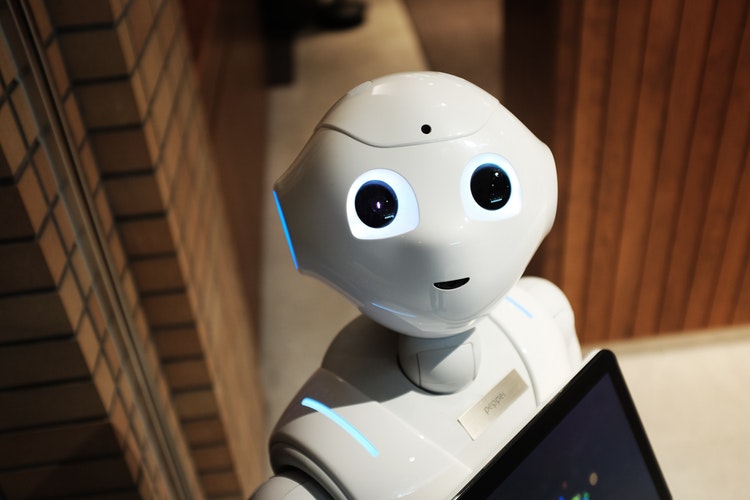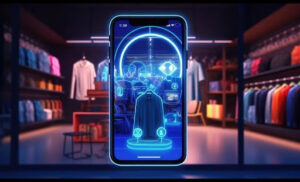Not so long ago, Alibaba Group announced the launch of a program based on artificial intelligence (AI), replacing the work of a copywriter. Chinese developers have created a system that can process natural human language, learn by machine methods, and generate textual descriptions of goods.
The news caused a great resonance in the digital sphere and gave rise to ongoing disputes. Some argue that in the near future, copywriters will be left without work, while others argue against such bold forecasts.
AI is not only actively used by IT companies. It is thoroughly entrenched in marketing. Robots can:
- Develop and launch advertising campaigns no worse than living digital specialists;
- Create smart news feeds;
- Recognize and understand memes.
But machines have already learned to write texts that marketers and copywriters have traditionally worked on.
Artificial intelligence, which came to replace copywriters, can form a description of any subject. The neural network has learned this from millions of different materials. As a result, the program received several advantages:
- Text generation speed – 20 thousand lines per 1 second;
- Quality – texts are indistinguishable from human ones (actually, no!);
- Universality – the machine can describe goods of any orientation.
Why won’t it work for academic writers?
First of all, for now, it didn’t work even for marketers and retailers. Though the system is constantly learning, and for now analyzed more than eight million pages, there are lots of stylistic and factual mistakes, which cannot be ignored. Here is why academic writers will never be replaced by Artificial Intelligence:
- Reason #1. Academic writing requires narrow specialty, field experience. Professional essay writers working for academic writing services have years of education in a specific field, and later years of writing experience in it. AI-based on machine learning cannot get to this level of understanding some topics. Of course, if the specific amount of time and money is spent, AI’s chances increase, but it brings us to the next reason.
- Reason #2. It will never be commercially beneficial to develop AI writing academic papers. The retailers got their AI for marketing texts because they have invested huge sums in it. And still, the result is not even close satisfactory. No one is interested in investing millions in creating a machine online academic writer. Universities and colleges will ban it in their networks, students are not in a position to cooperate for such inventions, and writing services are not interested in this advancement. There are lots of inventions this world really needs, but only a small part of them gets to see the real world because most of the inventions require interested investors.
- Reason #3. Text written by AI is much easier to identify, which causes plagiarism problems for students. With the advancement of plagiarism checkers, students and academic writers faced the necessity to be much more creative and cautious. Lots of students offer writers the examples of their work, so authors can copy the style at least a bit. AI is always based on learning and later using specific templates, and templates are what kills the originality of any paper.
- Reason #4. Not all the sources used in academic writing, especially at higher academic levels, are digitized. While you definitely can teach AI to collect data about some goods or services online, you cannot make it go to a physical, real library and read a real book printed in 1978. Lots of sources are not available online or available for money — which, again, will be a huge problem for the algorithm, which should be price competitive.
All this proves that in the nearest time, academic writers will not become jobless, and students won’t have to pay extra for some far from perfect AI writing solutions.
Also Read Examples of Artificial Intelligence










